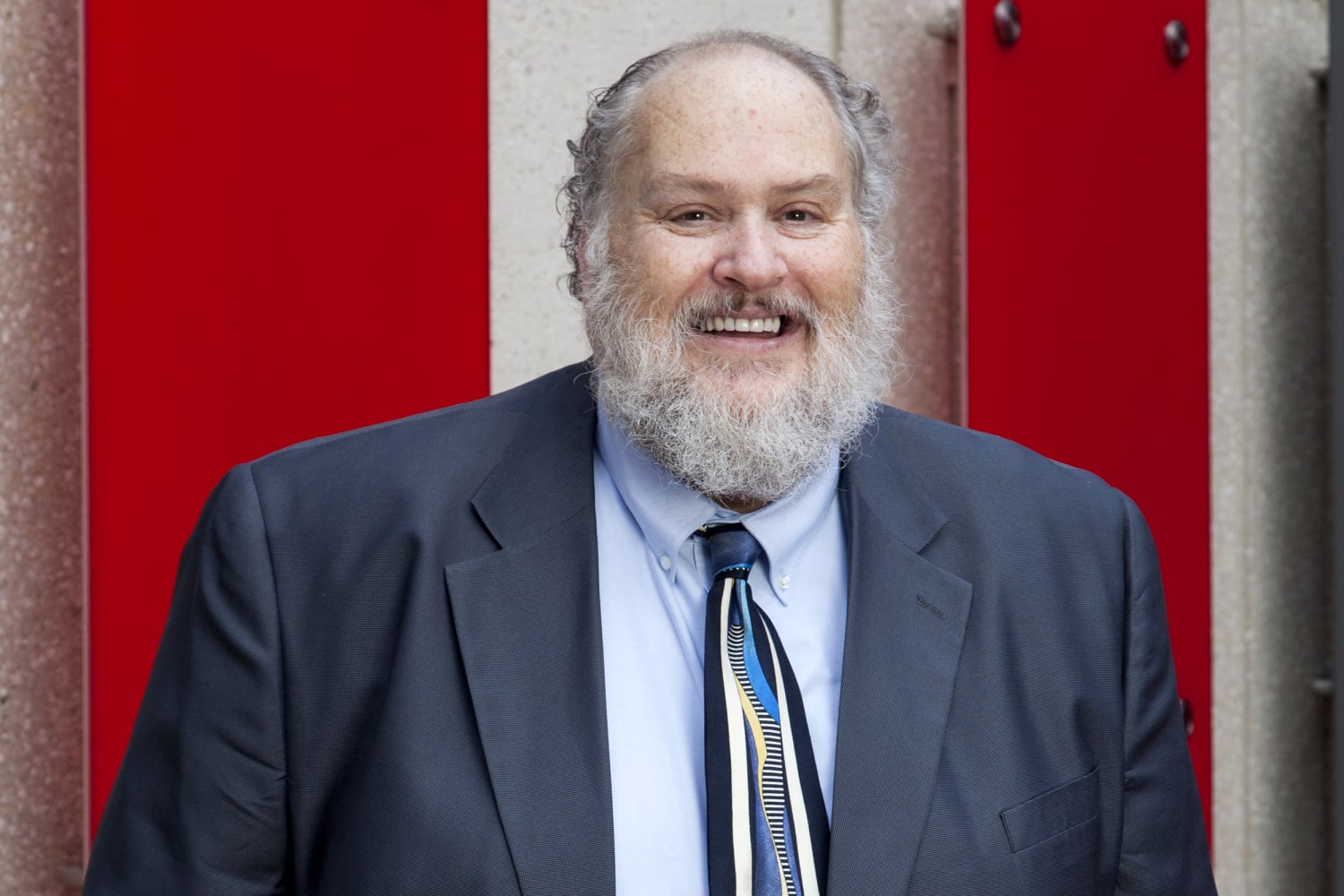A Latino law professor is being remembered for his seminal work advancing civil education and immigration rights, as well as pushing for more diversity in the legal profession and in law schools across the country.
Michael Olivas, who retired as the William B. Bates distinguished chair of law and director of the Institute for Higher Education Law and Governance at the University of Houston Law Center, died on April 21 at the age of 71 following complications from a blood clot.
Ahead of a funeral mass and memorial Saturday from his hometown of Santa Fe, New Mexico — where he returned after his retirement — colleagues and legal scholars from around the nation pointed to his trailblazing work and his legacy.
Olivas left behind a prolific body of work preserved in award-winning books and numerous articles. He was the recipient of prestigious awards, including the Association of American Law School’s Triennial Award, the highest honor a law professor can receive, and the University of Houston’s Esther Farfel Award.
Houston attorney and former Hispanic National Bar Association president Benny Agosto said Olivas “set an example that regardless of your background, excellence in your work is expected and required.”
“Professor Olivas was a true hero for a lot of us, as he was for many years the only Latino law professor in Houston,” Agosto said. “Others have come and gone, but he was there as an institution.”
Aside from his scholarship, Olivas was warmly remembered as a mentor to students, professors and deans.
“So many people in his field, they looked up to him for guidance,” said Sandra Guerra Thompson, Newell H. Blakely professor of law at the University of Houston’s Law Center and a colleague and friend of Olivas.
Guerra Thompson recalled how Olivas pushed law schools to boost their Latino faculty after going through registries expecting to find Hispanic law professors but then seeing “there was just nobody out there,” as Olivas had told Law.com in 2001.
Few Hispanic law professors were actively teaching back then, prompting Olivas, with the support of the Hispanic National Bar Association, to start the yearly “Dirty Dozen List” pointing out 12 law schools around the U.S. that didn’t employ a single Hispanic law professor.
Although he took some heat from the targeted schools, his efforts led to the significant advancement and hiring of Hispanic law professors at the institutions, according to Thompson.
“We owe him for this right. This was his vision and his effort and him taking the heat — that made that possible,” Thompson said.
Olivas helped advance and diversify institutions by reaching out to talented lawyers and then training many to become legal counsel at universities or other entities.
Shaping policy
His work helped shape state and national policies on several issues, including education and immigration rights.
Olivas served several terms as a board member of the Mexican American Legal Defense and Educational Fund (MALDEF). Thomas Saenz, the organization’s president and general counsel, said Olivas was pivotal in advancing issues regarding immigrant youth, including addressing challenges Deferred Action for Childhood Arrivals (DACA) recipients faced in obtaining higher education.
“His efforts to collect and disseminate data and information about how those issues were being addressed nationwide were really of incalculable benefit to the broader national community,” Saenz said.
Saenz said that state policies that came about from Olivas’ work were able to be replicated nationally.
In his spare time, Olivas cultivated a passion for rock ‘n’ roll that eventually grew into a radio show. After he retired from the University of Houston after almost four decades, he became known as the “rock ‘n’ roll law professor” and would discuss legal issues affecting the music industry on the airwaves of New Mexico’s Albuquerque Public Radio (KANW).
Saenz said the best way to honor Olivas is by ensuring greater representation of Latinos in the legal profession — more professors, lawyers and also more Latino judges.
His work, Saenz said, “was about ensuring inclusion for the growing Latino community in all aspects of American life.”
Follow NBC Latino on Facebook, Twitter and Instagram.
Source: | This article originally belongs to Nbcnews.com











